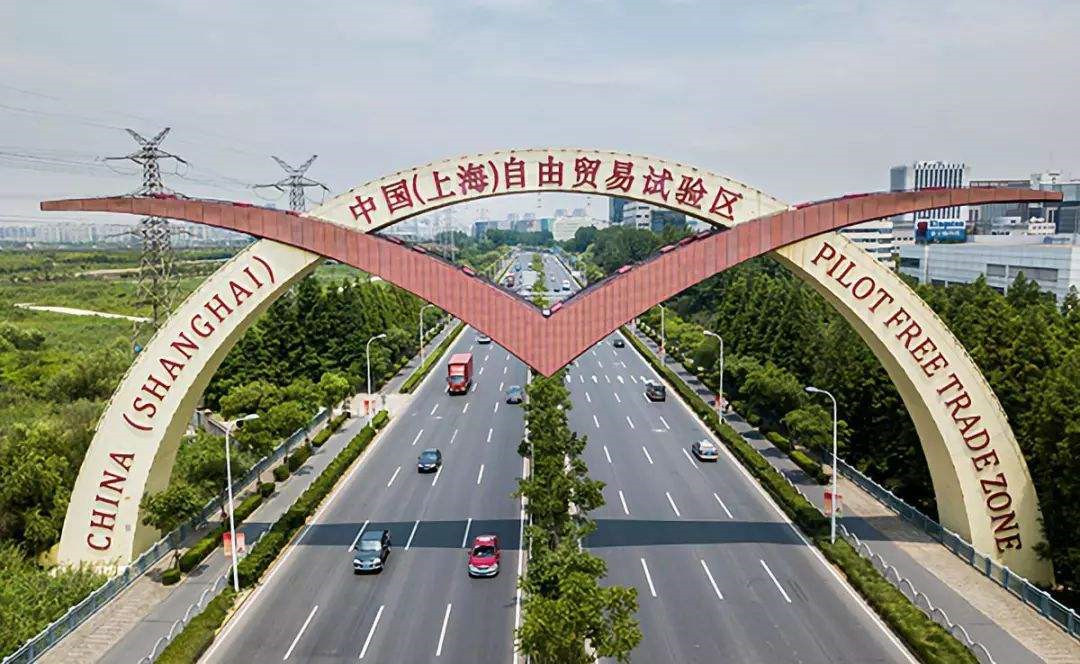China established Free Trade Zones (FTZs) for several strategic reasons, primarily aimed at enhancing economic growth, attracting foreign investment, and promoting trade liberalization. Here are the key motivations behind the establishment of FTZs in China:
Promoting Economic Growth: One of the main goals of developing Free Trade Areas in China is to stimulate economic growth by increasing trade and investment opportunities, attracting foreign direct investment, and boosting exports.
Enhancing International Trade: Free Trade Areas in China aim to facilitate international trade by reducing trade barriers, eliminating tariffs, and promoting the free flow of goods and services between member countries.
Attracting Foreign Investment: By creating a favorable business environment with reduced regulations and trade barriers, Free Trade Areas in China seek to attract foreign investment and promote economic development.
Improving Competitiveness: Free Trade Areas in China aim to enhance the competitiveness of domestic industries by providing access to new markets, technology transfer, and opportunities for collaboration with international partners.
Strengthening Regional Cooperation: Free Trade Areas in China promote regional cooperation and integration by fostering closer economic ties between member countries, harmonizing trade policies, and facilitating cross-border trade.
Implementing Reforms: Developing Free Trade Areas in China involves implementing structural reforms, improving regulatory frameworks, and enhancing transparency to create a more business-friendly environment for trade and investment.
Promoting Innovation and Technology Transfer: Free Trade Areas in China focus on promoting innovation, technology transfer, and knowledge sharing among member countries to drive economic growth and development.
